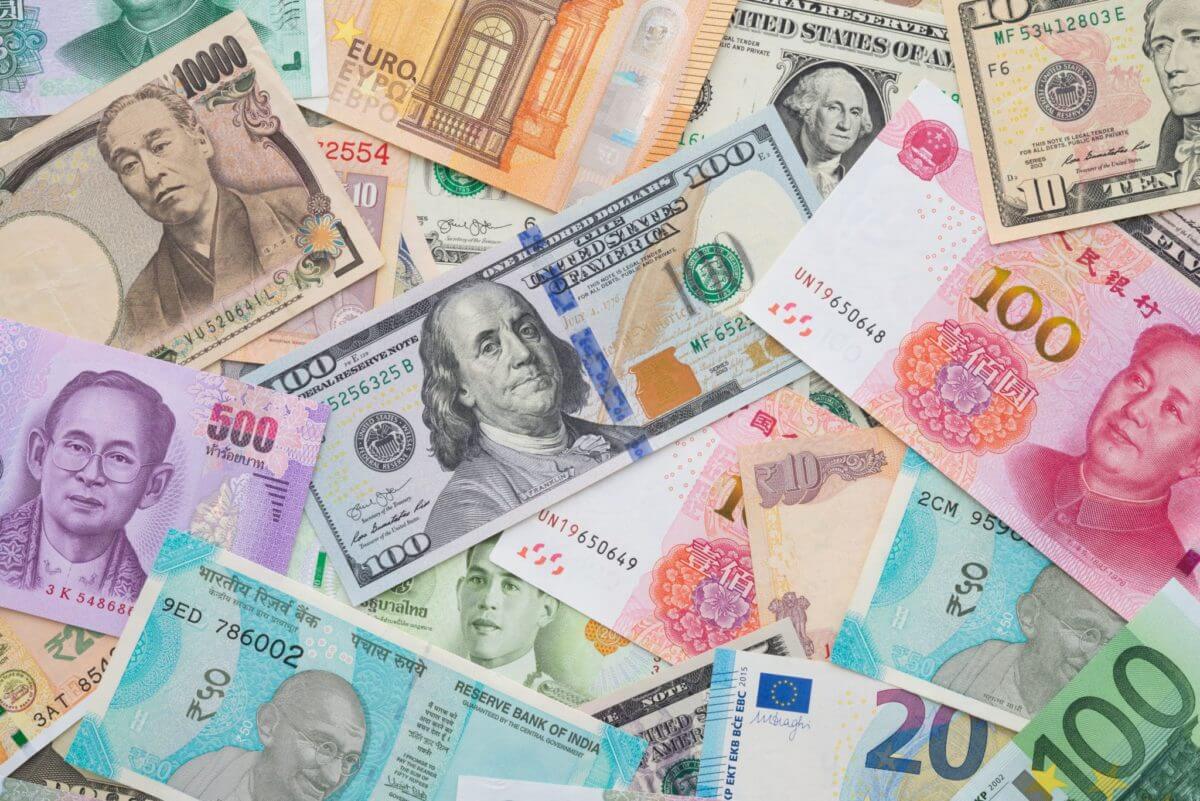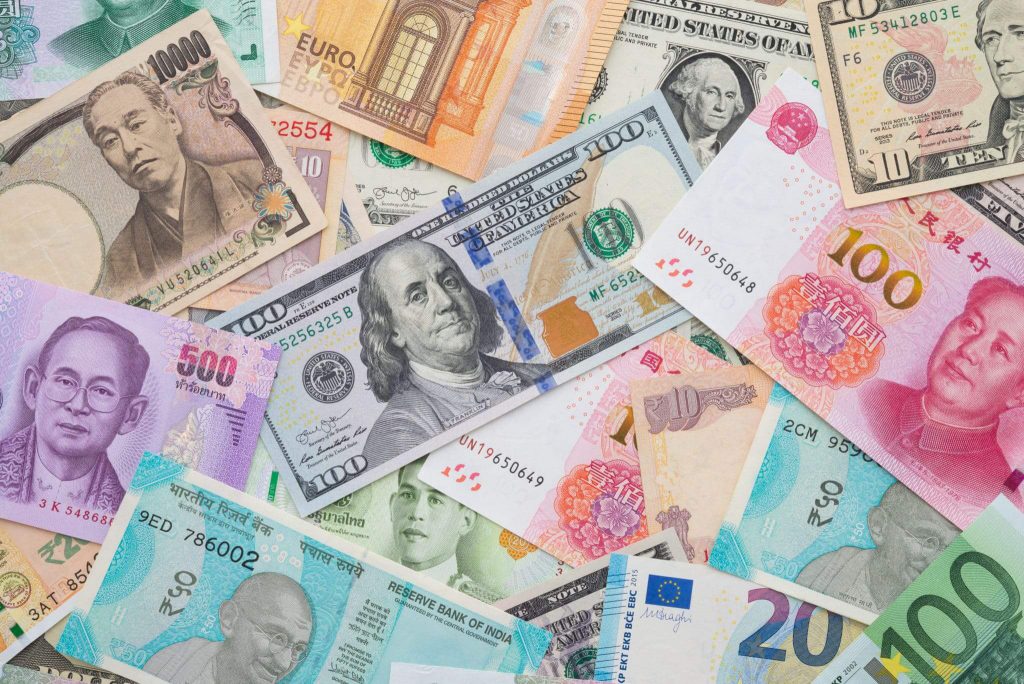
Yen and franc rose, while risk-sensitive currencies dropped
The Japanese yen and Switzerland franc rose on Friday. Meanwhile, risk-sensitive currencies, the Australian and New Zealand dollars, declined to new multi-month lows. The drop came as investors became cautious about the global economic recovery.
Bonds have increased while stocks took a hammering worldwide. Remarkably, concerns are growing that the fast-spreading Delta variant of coronavirus could derail a revival that is already showing pockets of weakness.
The benchmark U.S. Treasury yield slipped to an almost five-month low of 1.25% overnight before recovering to 1.3433% in Asia. Notably, it was as high as 1.5440% just two weeks ago.
This fall in yields has pressured the dollar. The U.S. dollar index increased by 0.1% and traded at 92.454. Remarkably, in the previous session, it dropped by 0.36%. On Wednesday, it had boosted to a three-month peak of 92.844.
The euro declined by less than 0.1% to $1.18355. On Thursday, it witnessed a 0.45% gain.
The Japanese yen fell by nearly 0.15% against the dollar and traded at $109.915. In the previous session, it rose by 0.8%. The Japanese currency was on track to increase 0.9% this week, its biggest weekly gain since early November 2020.
Stay-at-home orders in Sydney tightened further, declining the Australian dollar
Broader sentiment remained weak thanks to a spike in COVID-19 infections globally, with stay-at-home orders in Sydney tightened further.
Risk-sensitive currency, the Australian dollar, declined by 0.2% and traded at $0.74175 after hitting a fresh low for the year at $0.7410. In the previous session, it fell by 0.7%.
Its New Zealand counterpart dropped by 0.1% to $0.69365 and sank as low as $0.6923, matching the weakest level since November. It had fallen by more than 1% in the previous session.
The Switzerland franc held on to gains from Thursday, when it rose by more than 1%, to trade at 0.91525 per dollar.
The United Kingdom is set to lift sanctions on July 19 after Prime Minister Boris Johnson unveiled its plans to end social and economic COVID-19 restrictions. However, the country is facing an increasing number of coronavirus infections. Wednesday’s data shows that there had been a further 32,548 COVID-19 infections in the country.
The British pound declined on Friday after data showed Britain’s post-lockdown economic recovery slowed sharply in May despite a further relaxation of social-distancing rules.
In cryptocurrencies, the dominant cryptocurrency, Bitcoin, was at $32,918.70. The second-largest cryptocurrency, Ethereum, traded at $2,102.35. Meanwhile, a meme-inspired cryptocurrency, Dogecoin, stood at $0.2223.


